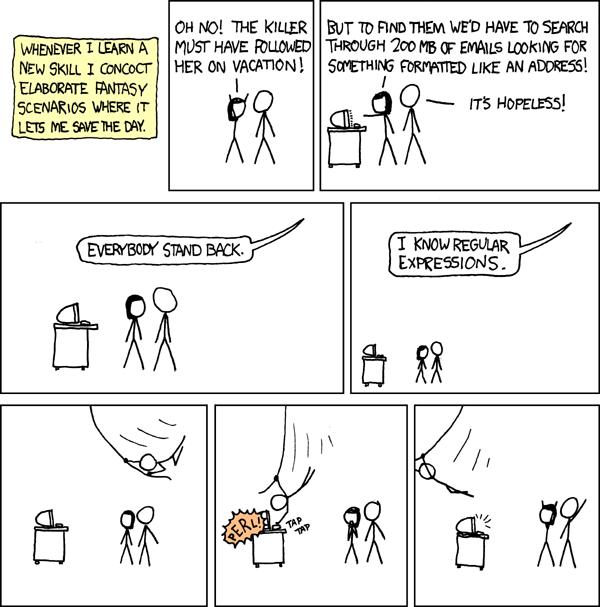I have been thinking about this question for a while and the answer depends a lot on the type of games we are talking about. There are cross-number puzzles, ciphers to decode pun-ish riddles, drill and practice games, role-playing games, etc.
It may be that "game" is a organizer for "play" which is really a state of engagement. Students can engage in a game for hours, puzzling out the rules and feeling accomplishment.
I wish that I could be at Maria Andersen's presentation - Playing to Learn Math.
Does our view of Math education allow us to imagine a time when
a robot could do a better job of much of our teaching, as the Koreans and Japanese are working on?
This week my daughter, who is studying Math at UW and is currently in a graph theory course, was reminded of a
set of games that she played as a youngster - expressly designed to introduce colouring problems in an engaging way. They are MS-DOS based and I have got them to run enough to recognize the screens, but not really to enjoy.
When I am trying to get Sketchpad or Flash to produce a certain figure or interaction, I can enter an engaged state that social psychologists refer to as "
Flow", which I find enjoyable.
Keith Devlin would like a couple of hundred million dollars to develop a MMP game that would allow players to construct math learning. I admit to being a tad skeptical, but what would such an environment be worth?
What role have games and play had in your Mathematical development?




